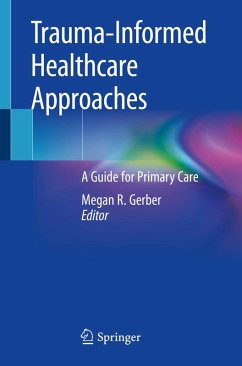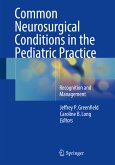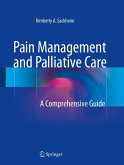Finally, the book covers concrete trauma-informed clinical strategies in adult and pediatric primary care, and women's health/maternity care settings. Using a case-based approach, the expert authors provide real-world front line examples of the impact trauma-informed clinical approaches have on patients' quality of life, sense of comfort, and trust. Case examples are discussed along with evidence based approaches that demonstrate improved health outcomes.
Written by experts in the field, Trauma-Informed Healthcare Approaches is the definitive resource for improving quality care for patients who have experienced trauma.
Dieser Download kann aus rechtlichen Gründen nur mit Rechnungsadresse in A, B, BG, CY, CZ, D, DK, EW, E, FIN, F, GR, HR, H, IRL, I, LT, L, LR, M, NL, PL, P, R, S, SLO, SK ausgeliefert werden.
"This is a book for everyone in both primary care and the medical specialties as there is relevance for all. In addition, it is a valuable book for policymakers and administrators to understand the healthcare environment that is not commonly associated with healthcare administration. ... This is a tremendously valuable introductorybook on trauma-informed medical care and a great tool for bringing these concepts to those in the healthcare professions." (Vincent F Carr, Doody's Book Reviews, August 02, 2019)









